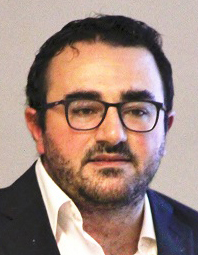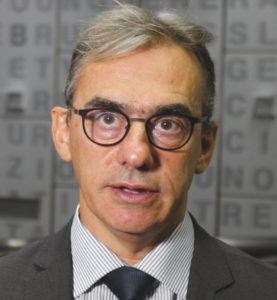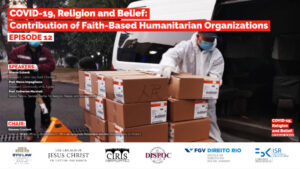Pasquale Annicchino: Reflections upon the Completion of the Covid-19 & FoRB Webinar Series

Pasquale Annicchino is Senior Research Associate Cambridge Institute on Religion & International Studies and Visiting Researcher Institute Religious Studies-Fondazione Bruno Kessler
COVID-19 has been a massive socially disruptive fact that has forced all of us to confront unforeseen challenges in our personal and professional lives. During this webinar series we have discussed many of these challenges through the interactions we have fostered with our speakers and participants. Here I will focus on the legal, technological, and epistemic dimensions of the relationship between the pandemic and religious freedom.
Global Human Dignity
Only a few days after the skyrocketing increase of the contagion, Yuval Noah Harari published an article in the Financial Times highlighting the challenge that the diffusion of the pandemic was bringing to the world. I think that the two main challenges to which Hariri pointed remain valid now, a few months after the beginning of this terrible journey. (more…)


